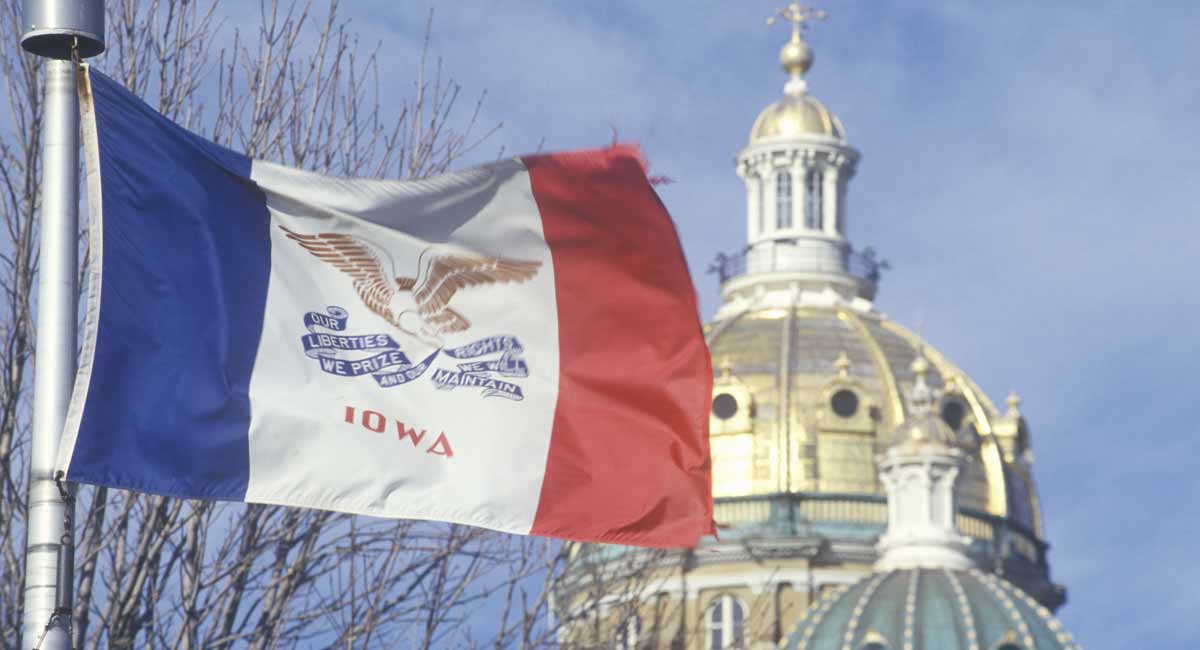The Iowa Supreme Court announced Tuesday that it will hear Governor Kim Reynolds’ appeal on a temporary block of the state’s new heartbeat law.
Lawmakers passed the legislation, which protects nearly all preborn children from abortion after roughly six weeks, on July 11, and it was signed into effect by Reynolds three days later. However, the law was challenged by the abortion industry almost immediately. On July 17, Judge Joseph Seidlin placed a temporary injunction on the law while the lawsuit is considered. While the law is blocked, abortion remains legal in the state through 20 weeks of pregnancy.
Following Seidlin’s ruling, Reynolds released a statement promising to take her fight to the Supreme Court.
“In their own words, the abortion industry stressed the need for a temporary injunction so they could continue with 200 scheduled abortions in the next two weeks. While Life was protected for a few days, now even more innocent babies will be lost,” she said. “The abortion industry’s attempt to thwart the will of Iowans and the voices of their elected representatives continues today, but I will fight this all the way to the Iowa Supreme Court where we expect a decision that will finally provide justice for the unborn.”
In her appeal, Reynolds is asking the Supreme Court to override the lower court’s injunction and allow the law to go back into effect.
“I am glad that the Supreme Court has agreed to hear our appeal,” Iowa Attorney General Brenna Bird said in a Tuesday statement. “I look forward to continuing to defend the Heartbeat Law and protect the right to life in court.”
Meanwhile, the abortion industry is also promising to fight for the ability to keep committing abortions. “We remain committed to protecting the right of all Iowans to access abortion care and are prepared to fight for that right before the Iowa Supreme Court,” Ruth Richardson, the president and CEO of Planned Parenthood North Central States, said in a statement.
According to the Des Moines Register, the Supreme Court is expected to hear the case sometime during its next session, which runs from September 1 to June 30, 2024.







